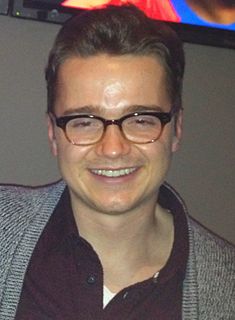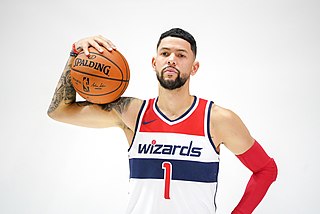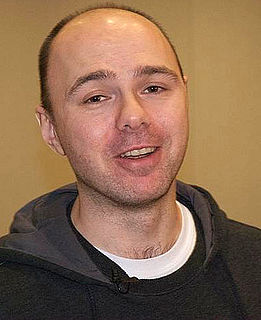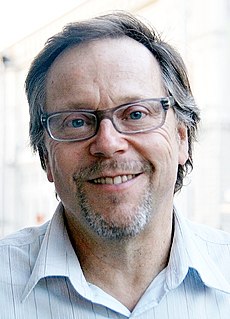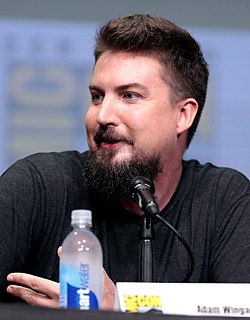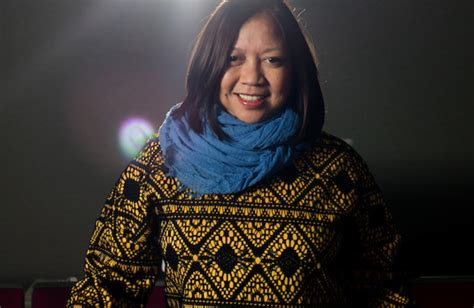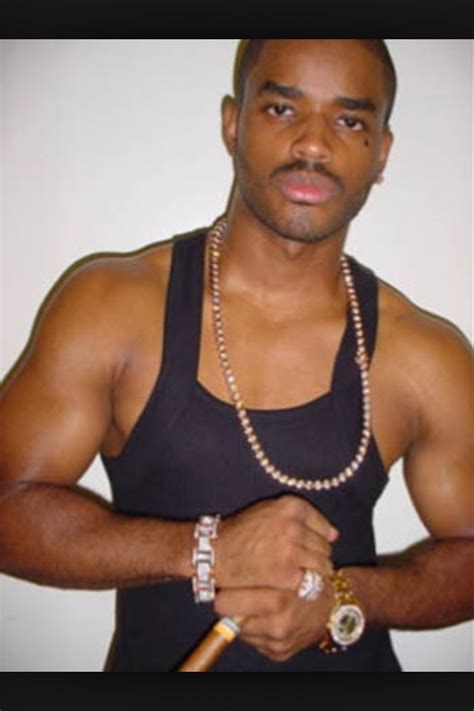A Quote by Dan Byrd
And as an actor, just working with someone as seasoned and professional and kind as Richard Jenkins, it's always a learning experience watching him - on camera and off camera, just soaking it all up.
Related Quotes
The difference between an amateur and a professional photographer is that the amateur thinks the camera does the work. And they treat the camera with a certain amount of reverence. It is all about the kind of lens you choose, the kind of film stock you use… exactly the sort of perfection of the camera. Whereas, the professional the real professional – treats the camera with unutterable disdain. They pick up the camera and sling it aside. Because they know it’s the eye and the brain that count, not the mechanism that gets between them and the subject that counts.
Zooming in, zooming out. I was shocked. I said, "Let's erase this right now, put the camera behind the stage and I'll do the performance just for the camera." He set up everything and I told him to go outside and smoke a cigarette. Come back when I finish. Don't touch the camera. This was the way how I've done most everything after that.
When you are interviewing someone, never let your camera person turn off the camera. The second you turn off the camera, they'll say the magic thing that you'd been looking for the whole interview. People want to relax after the performance is done. Don't be afraid of awkward silence. That is your friend.
I hate it when you are watching a movie where the characters are on the news, and for some reason they shoot it with a 35mm camera or a 4K camera, and they just put it on the TV as if that's the way it would look - it always takes me out of it by putting a filter on certain things. If it's too high quality, you're never gonna buy it.
Basically, if you shoot your own stuff, you can just pick up a camera and some wireless microphones, grab a couple of LEDs, and you're off and running. And if you don't shoot your own stuff, you can just grab one other person to do camera and you can learn how to do the sound, and you're off and running.
